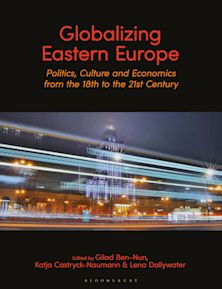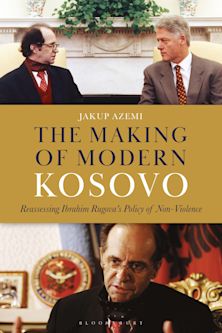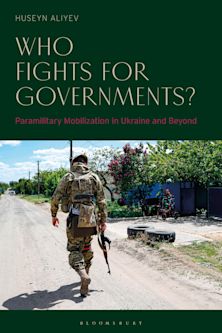Brave New Hungary
Mapping the "System of National Cooperation"
Brave New Hungary
Mapping the "System of National Cooperation"
This product is usually dispatched within 2-4 weeks
- Delivery and returns info
-
Flat rate of $10.00 for shipping anywhere in Australia
Description
Brave New Hungaryfocuses on the rise of a “brave new” anti-liberal regime led by Viktor Orbán who made a decisive contribution to the transformation of a poorly managed liberal democracy to a well-organized authoritarian rule bordering on autocracy during the past decade. Emerging capitalism in post-1989 Hungary that once took pride in winning the Eastern European race for catching up with the West has evolved into a reclusive, statist, national-populist system reminding the observers of its communist and pre-communist predecessors. Going beyond the self-description of the Orbán regime that emphasizes its Christian-conservative and illiberal nature, the authors, leading experts of Hungarian politics, history, society, and economy, suggest new ways to comprehend the sharp decline of the rule of law in an EU member state. Their case studies cover crucial fields of the new authoritarian power, ranging from its historical roots and constitutional properties to media and social policies. The volume presents the Hungarian “System of National Cooperation” as a pervasive but in many respects improvised and vulnerable experiment in social engineering, rather than a set of mature and irreversible institutions. The originality of this dystopian “new world” does not stem from the transition to authoritarian control per se but its plurality of meanings. It can be seen as a simulacrum that shows different images to different viewers and perpetuates itself by its post-truth variability. Rather than pathologizing the current Hungarian regime as a result of a unique master plan designed by a cynical political entrepreneur, the authors show the transnational dynamic of backsliding – a warning for other countries that suffer from comparable deadlocks of liberal democracy.
Table of Contents
János Mátyás Kovács and Balázs Trencsényi
Chapter 1: Reinventing Hungary with Revolutionary Fervor: The Declaration of National Cooperation as a Readers' Guide to the Fundamental Law of 2011
Chapter 2: Totalitarianism without Perpetrators? Politics of History in the “System of National Cooperation”
Chapter 3: Civil Society in an Illiberal Democracy: Government-Friendly NGOs, “Foreign Agents,” and Uncivil Publics
Chapter 4: Beyond Electioneering: Minority Hungarians and the Vision of National Unification
Chapter 5: The Role of Religion in the Illiberal Hungarian Constitutional System
Chapter 6: The Right Hand Thinks: On the Sources of György Matolcsy's Economic Vision
Chapter 7: Towards a “Work-Based Society”?
Chapter 8: The Fear of Population Replacement
Chapter 9: Votes, Ideology, and Self-Enrichment. The Campaign of Re-nationalization After 2010
Chapter 10: Viktor Orbán's Propaganda State
Chapter 11: Ideology or Pragmatism? Interpreting Social Po
Product details
| Published | 10 Dec 2019 |
|---|---|
| Format | Hardback |
| Edition | 1st |
| Extent | 460 |
| ISBN | 9781498543668 |
| Imprint | Lexington Books |
| Dimensions | 235 x 162 mm |
| Publisher | Bloomsbury Publishing |
Reviews

ONLINE RESOURCES
Bloomsbury Collections
This book is available on Bloomsbury Collections where your library has access.



































